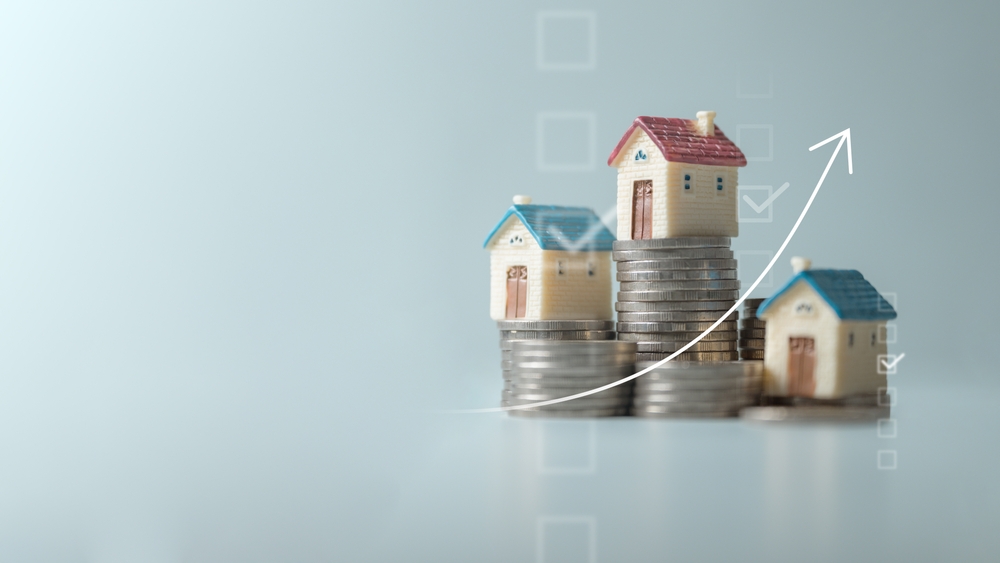
This comprehensive, step-by-step guide will assist you in thoroughly evaluating the benefits and responsibilities that accompany the landlord's position. By the end of this read, you'll be equipped to make a well-informed decision on whether you're ready to put up the "For Rent" sign.
Before you leap into the world of property rentals, it's essential to introspect and address certain critical questions:
Consider the potential challenges involved in being a landlord and possible solutions to these challenges. At this stage, it's also crucial to decide whether you want to hire a property manager to handle the property's management and any issues related to the rental property or take on these responsibilities yourself.
Being a landlord isn't just about collecting rent—it brings along the opportunity to generate a robust and steady cash flow from your properties. Here are some ways you can understand and evaluate a property's income potential and tax benefits:
While this doesn't provide a complete picture, these numbers can give you a basic snapshot of the income you can expect from your rental property.
In addition, owning rental properties offers many tax benefits. These benefits include the ability to deduct mortgage interest, landlord's insurance expenses, necessary repair or maintenance expenses, and many other costs of running your rental business. This helps to offset your taxable rental income and maximize your profits.
The benefits of being a landlord are paired with several responsibilities. Being well-informed about these obligations beforehand can prevent unwelcome surprises later:
Sometimes, the responsibilities of being a landlord can seem overwhelming. If that's the case, but you still desire the financial benefits a rental property can provide, hiring a property manager could be a good solution. This decision ultimately depends on your personal circumstances and preferences.
Want to keep reading our Landlord 101 Guide Series? Click here to read the next chapter, which will cover next steps to becoming a landlord.
Find out about our services and fees from one of our experienced agents. We provide management & brokerage services for community associations, residential properties, and commercial properties.

A complete guide for landlords on building a tenant welcome packet that improves communication, reduces issues, and supports long-term tenant retention.

Discover 7 creative ways to finance rental property without traditional loans and learn how investors build portfolios with flexible strategies.
We're proud to make partnering with us easy. Contact our team to connect with one of our industry experts and get started today.